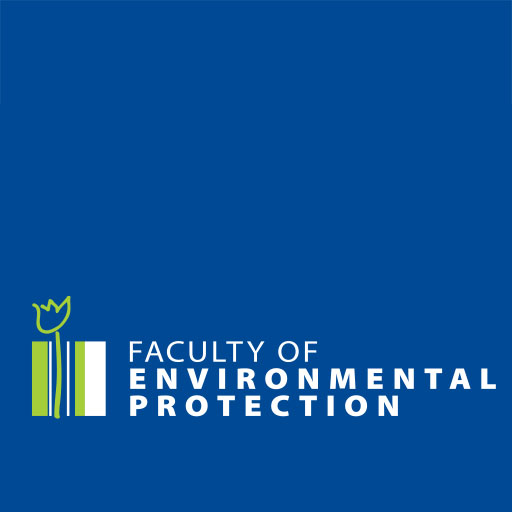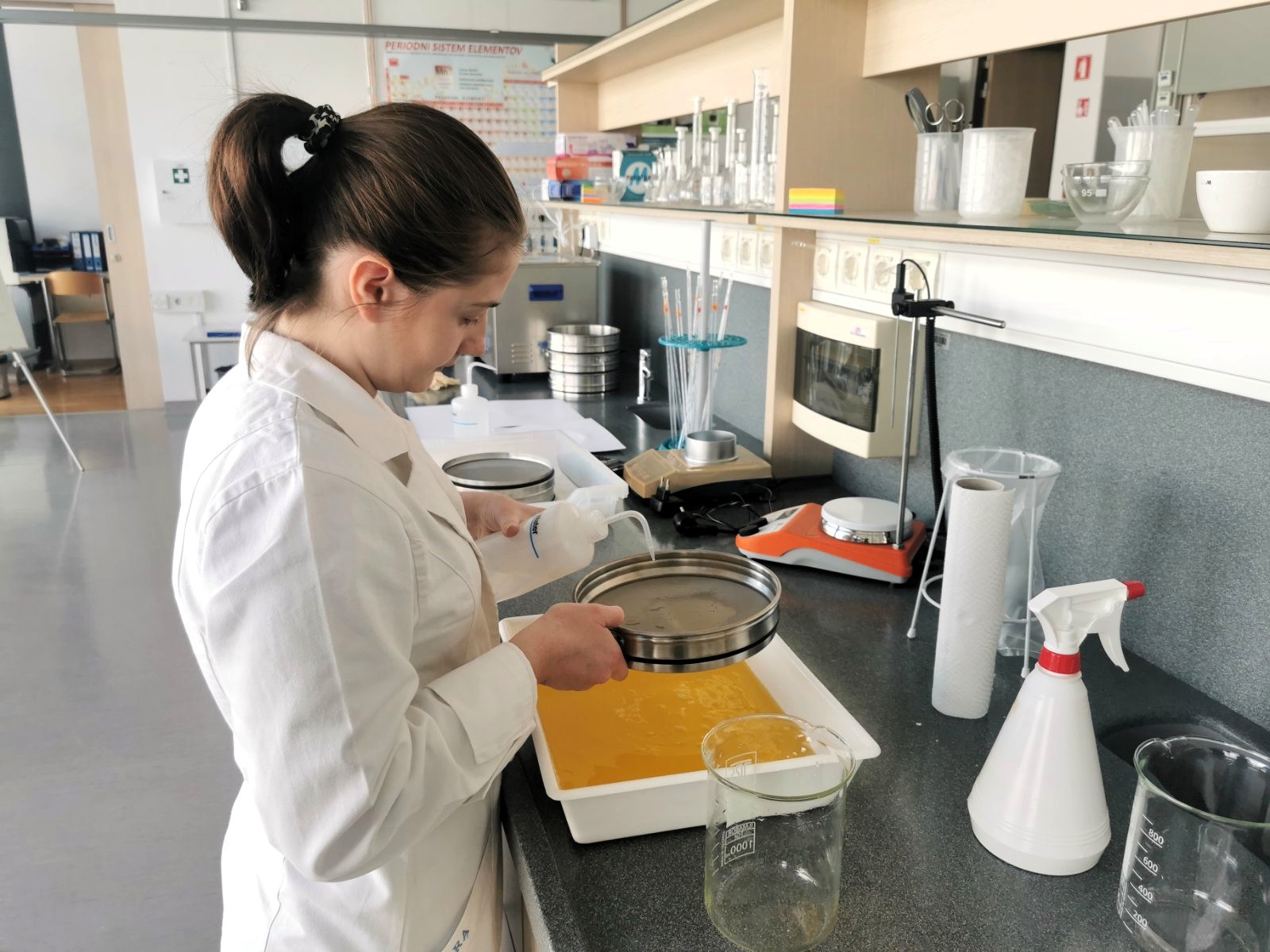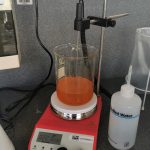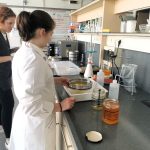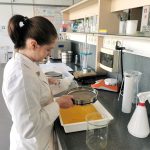The United National Organisation has declared 20 May as World Bee Day, at the initiative of Slovenian beekeepers.
Bees are one of the most important pollinators, providing food and nutritional security, sustainable agriculture, biodiversity and an important contribution to climate change mitigation and environmental conservation. Protecting bees and the beekeeping sector thus contributes to reducing poverty, hunger and maintaining a healthy environment and biodiversity in the long term. But many scientific studies show increasing negative impacts on bee health, which requires additional care for their survival.
The presence of microplastics in honey is also a cause for concern and highlights the widespread impact of plastic pollution on ecosystems and food quality.
As part of our thesis work at FVO, we are testing methods to detect the presence of microplastics in honey. Different types of honey, of natural and industrial origin, were included in the study. Preliminary results of microscopic analyses indicate the presence of more than 10 coloured microfibres and up to 10 potential microplastic particles in 1 litre of honey of different species and origin.
